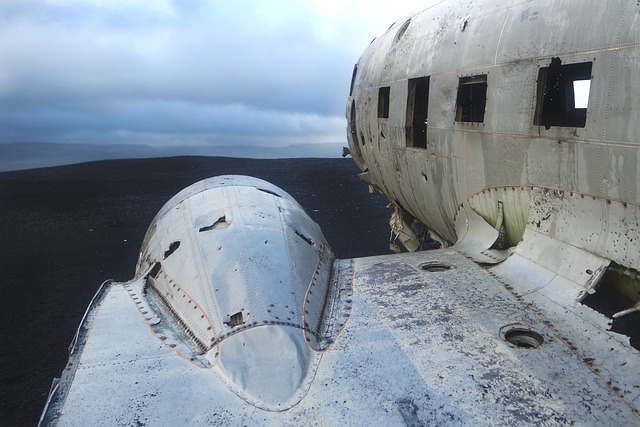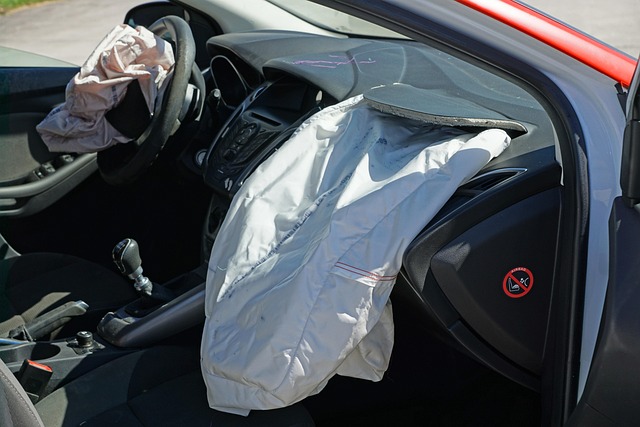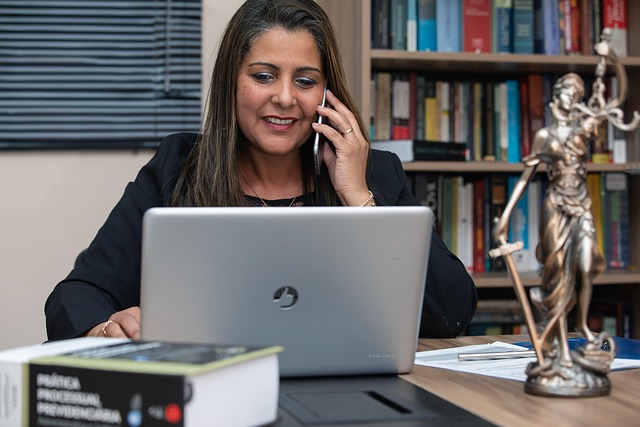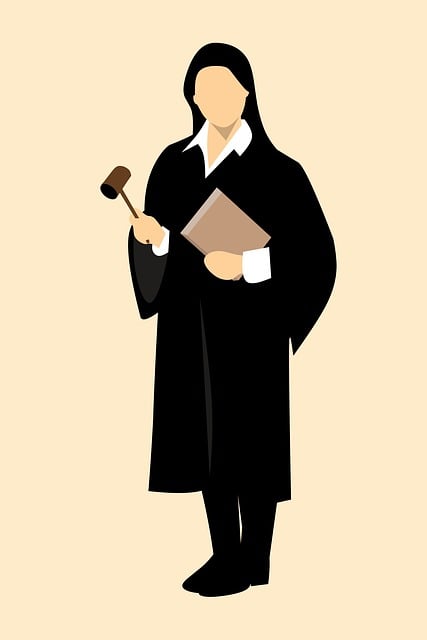Spinal cord injury lawsuits require specialized knowledge and robust medical evidence, including expert opinions, imaging reports, and meticulous documentation. A qualified spinal cord injury lawyer leverages detailed records, imaging studies, neurological examinations, and expert witness testimony to establish liability and secure fair compensation. In complex cases, expert testimony is crucial for proving liability and navigating high-stakes disputes, ensuring justice for life-altering injuries.
When advocating for clients with spinal cord injuries (SCI), a dedicated spinal cord injury lawyer leverages powerful medical evidence to secure justice. Understanding SCI lawsuits involves navigating complex legal and medical terrain. This article demystifies the process, focusing on the types of medical evidence crucial in such cases and the vital role experts play in proving liability. By exploring these key aspects, we empower individuals with SCI and their families to pursue the compensation they deserve.
- Understanding Spinal Cord Injury Lawsuits
- Types of Medical Evidence in SCI Cases
- The Role of Experts in Proving Liability
Understanding Spinal Cord Injury Lawsuits

Spinal cord injury lawsuits are complex legal matters that require specialized knowledge and expertise. These cases often involve significant life-altering events where individuals sustain severe injuries to their spinal cords, leading to partial or complete paralysis. When such incidents occur due to medical negligence or wrongful acts, a spinal cord injury lawyer steps in to advocate for the victim’s rights and pursue justice.
Understanding the intricacies of these lawsuits is crucial. Medical evidence plays a pivotal role, including detailed reports from medical professionals, radiological scans, and expert opinions. In cases of nursing home abuse or healthcare facility negligence, where residents suffer spinal injuries, documenting the chain of events, identifying responsible parties, and quantifying damages become paramount. This process demands an understanding of both legal precedents and the latest medical research related to spinal cord injuries.
Types of Medical Evidence in SCI Cases

In spinal cord injury (SCI) cases, medical evidence plays a pivotal role in determining liability and securing just compensation for clients. A spinal cord injury lawyer relies on several types of medical documentation to build a strong case. These include detailed medical records from hospitals, rehabilitation centers, and physical therapy sessions. Imaging studies such as MRI and CT scans are crucial for visualizing the extent of the injury and any resulting damage to the spinal cord. Neurological examinations and tests like EMG (electromyography) and NCS (nerve conduction studies) provide insights into nerve function and potential impairments.
Additionally, expert witness testimony from neurologists, neurosurgeons, and other specialized medical professionals is often required to interpret complex findings and testify about the cause and impact of the injury. In cases involving product liability or nursing home abuse, where SCI might be linked to negligence, medical evidence becomes even more critical. This includes reports on product safety, maintenance records, and documentation of care provided in institutional settings. Such comprehensive evidence ensures that a spinal cord injury lawyer can effectively represent their client’s interests, aiming for the highest possible injury compensation.
The Role of Experts in Proving Liability

In complex cases of spinal cord injury, expert testimony plays a pivotal role in proving liability and securing justice for the victim. A spinal cord injury lawyer often relies on medical experts who can interpret intricate diagnostic reports, explain sophisticated neurological concepts, and provide insights into the long-term impact of such injuries. These professionals help establish causation between the accident and subsequent spinal damage, which is crucial in determining legal responsibility.
By engaging qualified experts, a spinal cord injury lawyer enhances their ability to navigate challenging contract disputes or real estate litigation, where liability might be ambiguous. Expert witnesses can offer unbiased assessments, ensuring that the case is presented with compelling scientific evidence. This approach is particularly effective in high-stakes cases, such as truck accident litigation, where substantial compensation for life-altering injuries is at stake.
When pursuing a legal claim for a spinal cord injury, understanding the role of medical evidence is crucial. A qualified spinal cord injury lawyer will leverage expert testimony and comprehensive documentation to prove liability and secure just compensation. By examining various types of medical evidence, including diagnostic imaging, neurological assessments, and treatment records, these professionals navigate complex legal landscapes, ensuring that clients receive the support and representation needed to achieve favorable outcomes.






